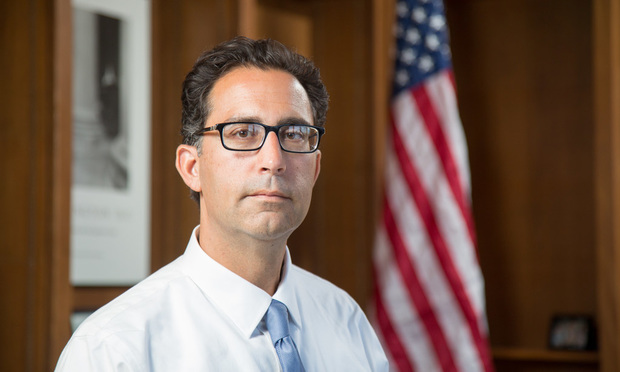U.S. District Judge Vince Chhabria was in a sunny mood when cloud communication companies Telesign and Twilio Inc. squared off in a patent eligibility dispute last September.
“I’m generally not a big fan of patent cases,” Chhabria said, but “I found myself really enjoying reading the briefs. Can anybody guess why?”

 U.S. District Judge Vince Chhabria of the Northern District of California. Photo Credit: Jason Doiy/ALM
U.S. District Judge Vince Chhabria of the Northern District of California. Photo Credit: Jason Doiy/ALM








